Detecting a Molecule with X-Ray
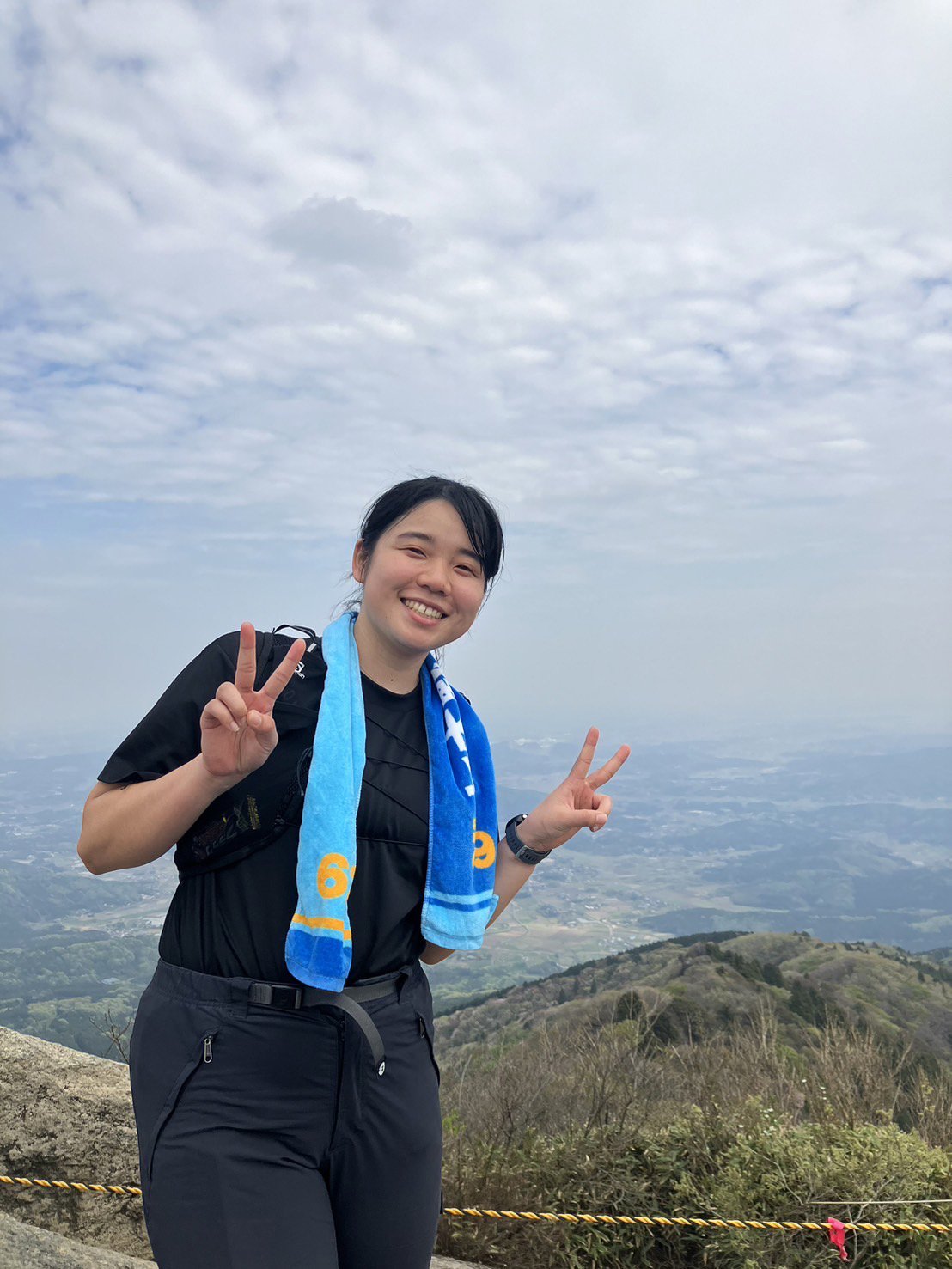
Mei Ishii
Master's Course Student
Department of Complexity Science and Engineering
As an undergraduate student, I majored in physics at the Faculty of Science Division, Tokyo University of Science. Currently, I am researching biophysics because I became interested in biology as well. In detail, I am trying to elucidate how a protein called PIEZO1, a force sensor of the human body, works by measuring its movements using the X-ray single-molecule tracking method. PIEZO exists in our skin and works as a tactile sensor detecting the pressure of touches.
At GSFS, the professors fully support us, and the research facilities are well-equipped, providing us with a great environment to concentrate on research. I will participate in an international conference in Kyoto and attend discussions later this year. My future plan after graduation is to work as a researcher in a research and development section at a home appliance manufacturer.
The great thing about GSFS is that it is a place where we can ask straight and simple questions without hesitation because everyone is from different academic backgrounds.
If you are considering entering GSFS, do come to the Kashiwa Campus and visit laboratories. You can have insightful discussions with students who graduated from different universities, majored in different disciplines, or came from different countries. The research environment is perfect. Feel free to visit our school!
Revealing the Lives of Plants
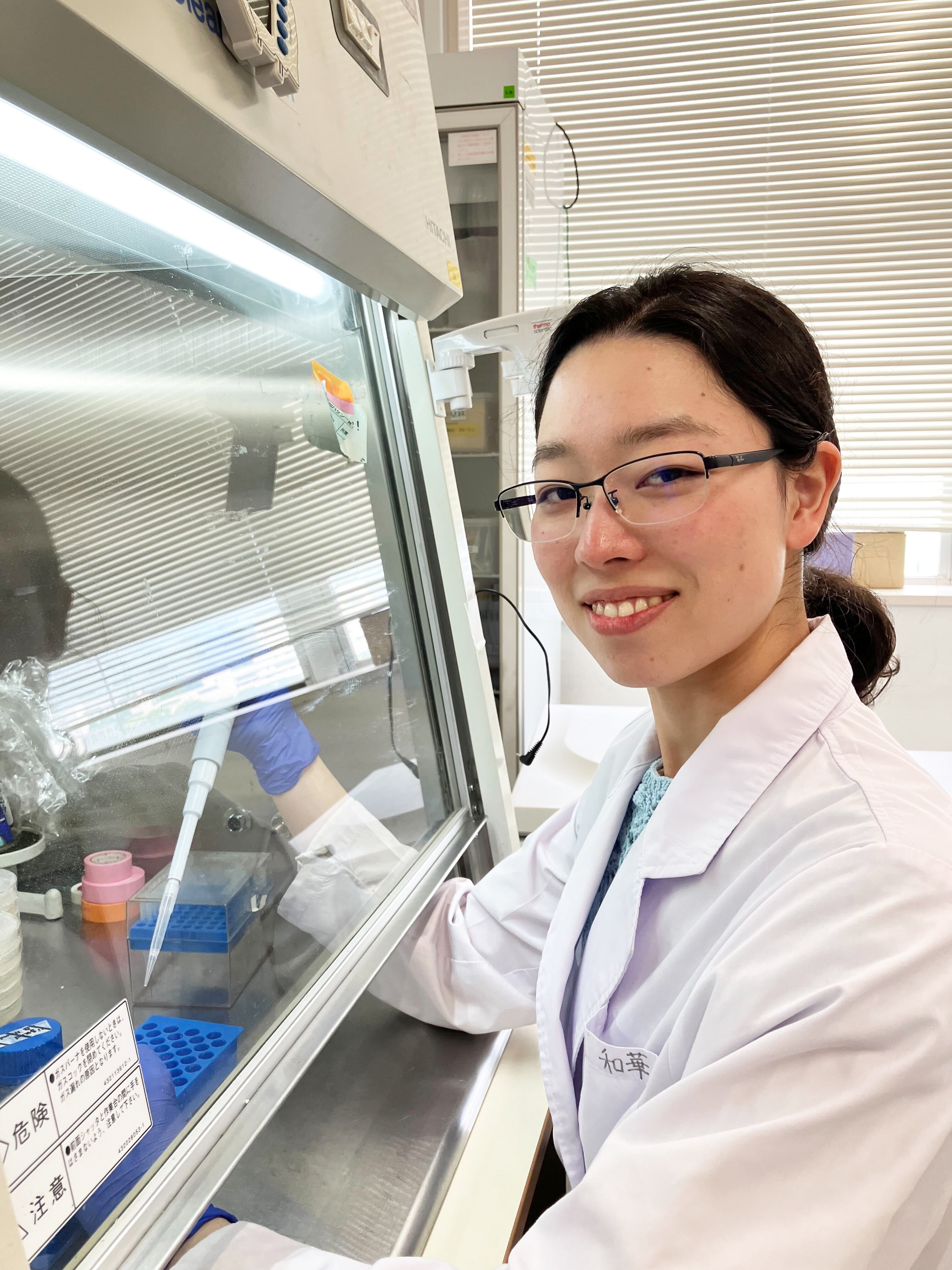
Nodoka Handa
Master's Course Student
Department of Integrated Biosciences
As an undergraduate student at the Faculty of Science and Technology, Tokyo University of Science, I studied plant and animal biology comprehensively. During my time there, I learned epigenetics and molecular biology from my current supervisor, Professor Sachihiro Matsunaga. Seeing him as both a researcher with a strong core and a compassionate mentor, I gradually became interested in his research.
In Professor Matsunaga's laboratory, we explore exciting topics such as creating animal-cultured cells that can biosynthesize, studying plant regeneration dynamics, and imaging plant intranuclear dynamics. I have been focused on revealing the mysteries of plant regeneration dynamics since I entered GSFS. This research not only sheds light on the remarkable resilience of plants but also holds infinite possibilities, such as the protection of plant species. I would like to reveal how our familiar plants live through their lives.
The wonderful things about GSFS are that it has innovative devices, enthusiastic researchers, and rich green surroundings one step outside of the buildings. There are events regularly held on campus and we have chances to meet professors and students from different academic fields. Together, let us delve into the mysteries of science and chart new horizons of knowledge.
Elucidating Symbiosis of Deep-Sea Animals and Bacteria
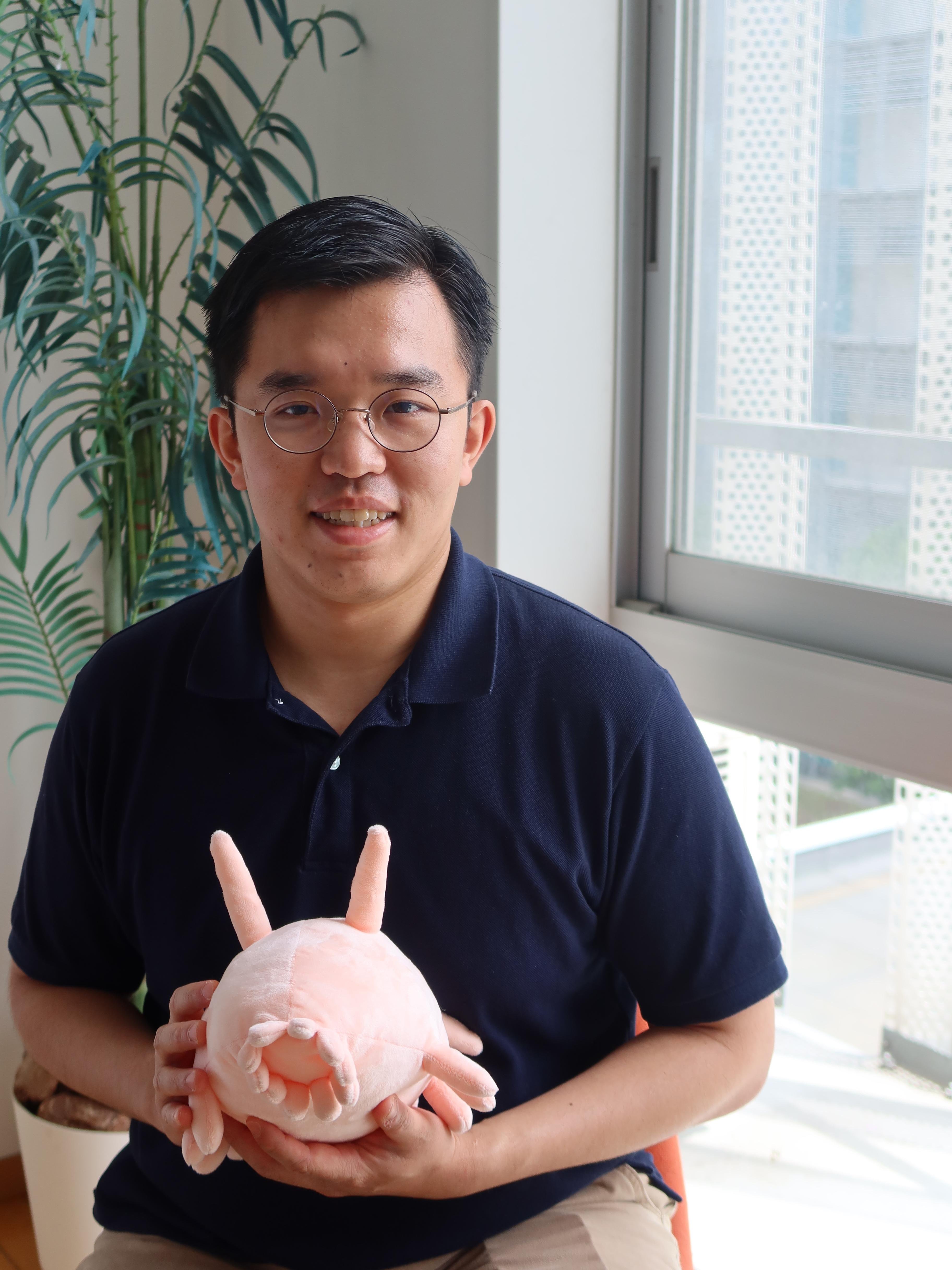
Yu Yoshida
Doctoral Course Student
Department of Natural Environmental Studies
Since I was very little, I loved the ocean. Through my study in the undergraduate course, the symbiosis of marine microorganisms and animals fascinated me. At the time when I had to decide on my future career but could not make up my mind, I visited several laboratories. Then I met Professor Yoshizawa of Natural Environmental Studies, who mentioned interesting bacteria in Scotoplanes, a kind of sea cucumber. This made me decide to proceed to the GSFS doctoral course.
Currently, I am trying to elucidate the relationship between echinoderm and symbiotic bacteria, particularly bacteria that live in symbiosis with deep-sea sea cucumbers. Having been to the University of Tokyo's affiliated research institutes, remote islands, and many other places to collect samples and participated in conferences, the past year was fruitful.
What is great about GSFS is that it gives ample chances for us to exchange with people from different academic backgrounds. I usually do my research in the Atmosphere and Ocean Research Institutes, where laboratories of other departments are housed. You will get new ideas just by dropping by at the laboratories next to yours. As such, it is a very creative environment.
GSFS accepts students from different universities. Therefore, everyone starts with the same condition. This is an ideal environment if you are enthusiastic about some research topic. Visit our laboratory anytime!
A New Adventure Through Transdisciplinary Approach
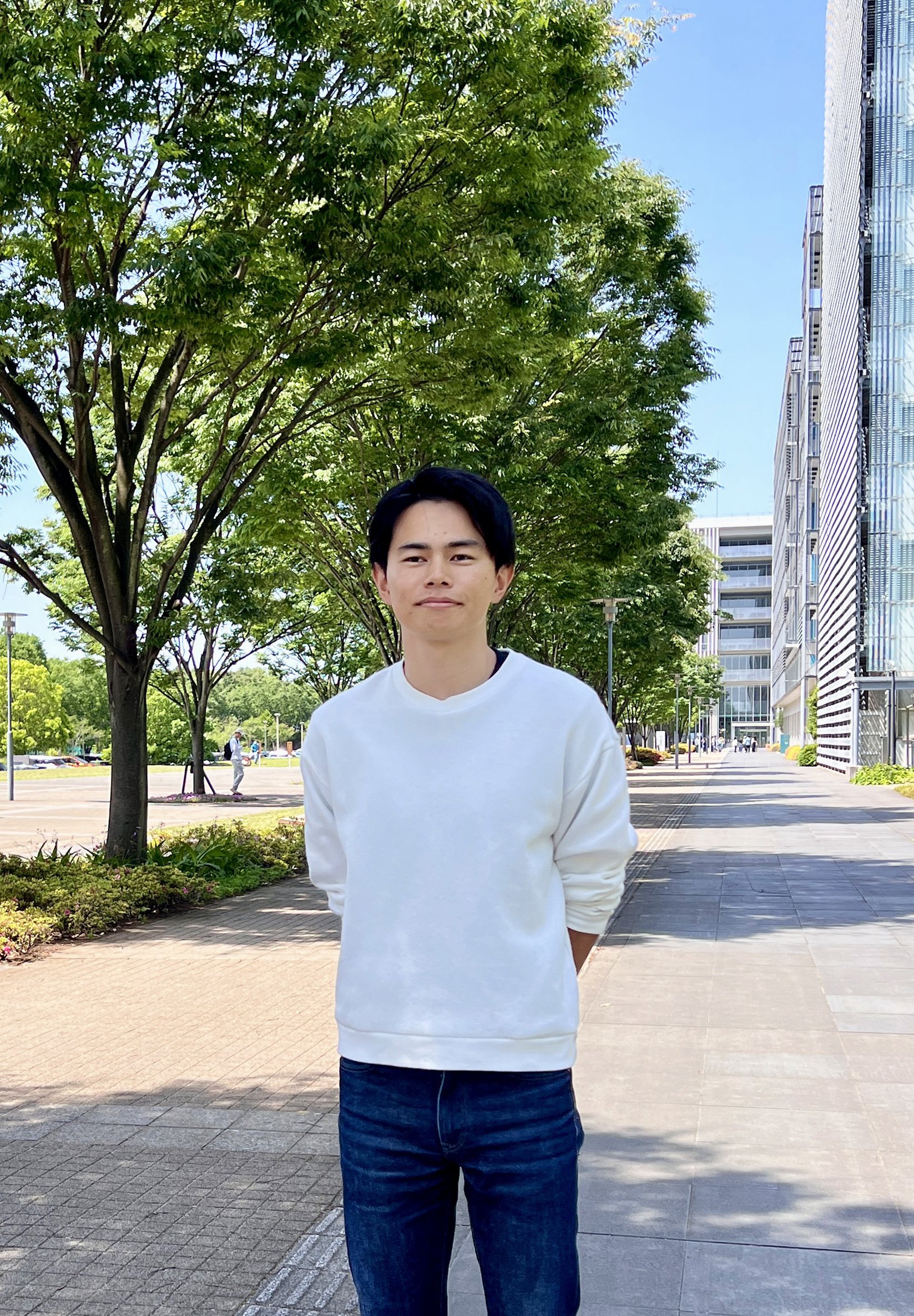
Kenya Suzuki
Doctoral Course Student
Department of Ocean Technology, Policy, and Environment
My research topic at the School of Engineering Science, Yokohama National University, was the structure of marine systems. There, I realized that ocean development, such as offshore wind power generation, has many issues for social implementation that are difficult to solve through conventional approaches. Therefore, I decided to study at the Graduate School of Frontier Sciences, which actively promotes interdisciplinary approaches.
Currently in the doctoral course, I am researching the promotion of decision-making in projects using simulation models. Although this research area is still developing and challenging, I have plenty of opportunities to have discussions with many experts, including my supervisor, Professor Ryota Wada (Associate Professor, the Department of Ocean Technology, Policy, and Environment).
Here, we also have chances to participate in discussions and research meetings with students who engage in nuclear fusion or space development research. Discussions with students from different academic backgrounds enhance communication among us, inspiring us to find solutions to the issues we are working on. These exchanges not only strengthen our research viewpoints but also provide us with new perspectives and motivations to pursue our research.
GSFS is a great research environment where you can study and increase your interests. If you are a person with a lot of curiosity, I strongly recommend GSFS.
Follow Your Passion in Interdisciplinary Crossroads
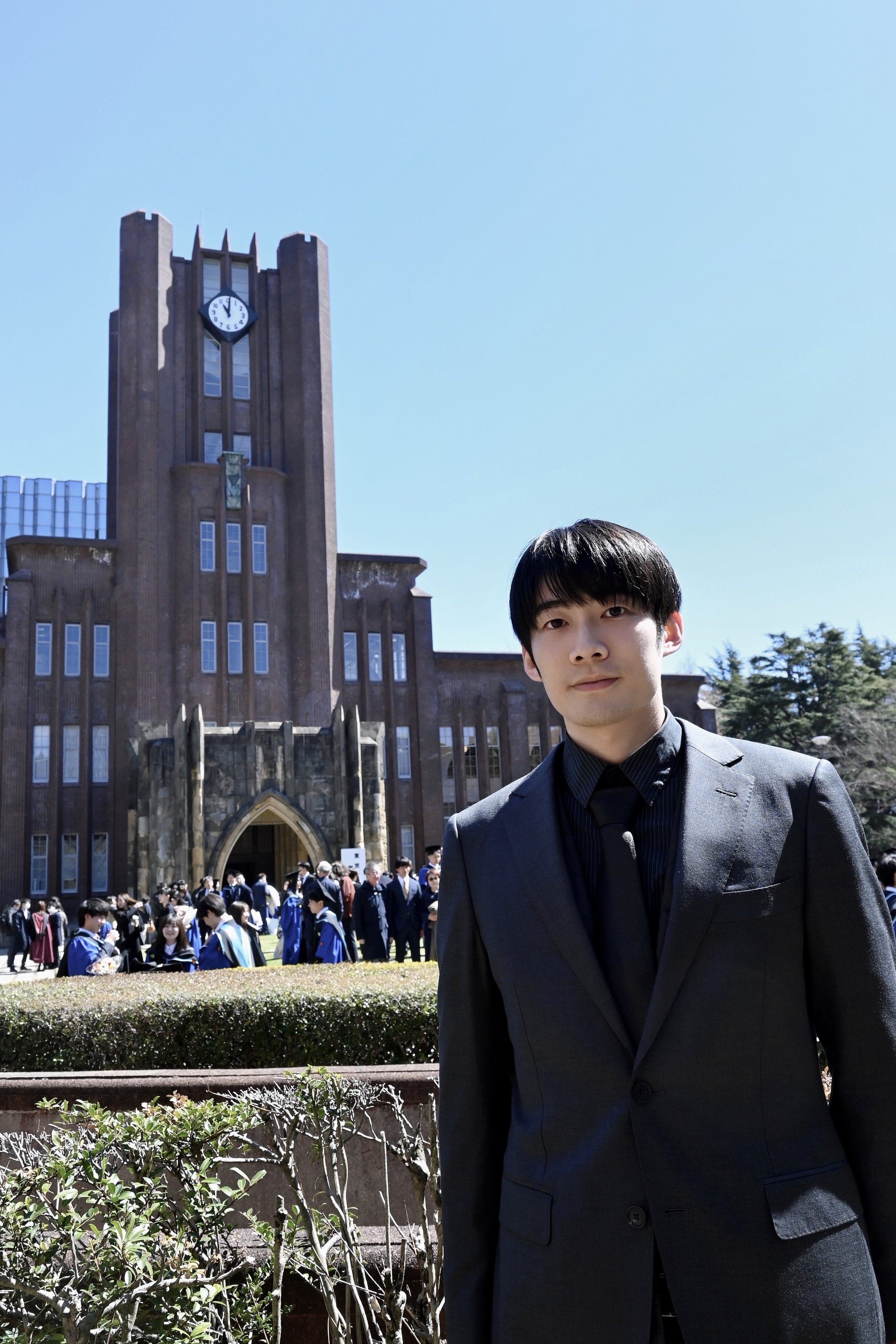
Huang Yilun
Doctoral Course Student
Department of Environment Systems
During my undergraduate studies, I majored in computer science. Compared to theoretical knowledge, I was more interested in the integration of technology and the real world. To pursue this interest, I joined the environment system department at GSFS, hoping to benefit our surrounding environment through rapidly advancing information technology.
Our project focused on next-generation laboratory safety. Unlike traditional safety monitoring which categorizes accidents in black-and-white terms, our approach combines various signal monitoring devices and computer technology to analyze the interactions among the environment, objects, and humans. Based on these analyses, we aimed to optimize the design of environments for both functionality and safety.
GSFS is a multidimensional environment, drawing participants from diverse countries, cultures, and backgrounds. It offers numerous opportunities to engage with knowledge from other disciplines. Many unique ideas collide here, inspiring unforeseen creativity. Since the feature here is interdisciplinary, GSFS provides a fertile ground for various research directions. You are encouraged to boldly try different ideas, and tutors highly respect students' opinions, offering insightful advice during discussions.
Therefore, if GSFS has an area that interests you, follow your passion and don't hesitate to consider joining us.
Interesting Collision of Diverse Research Ideas
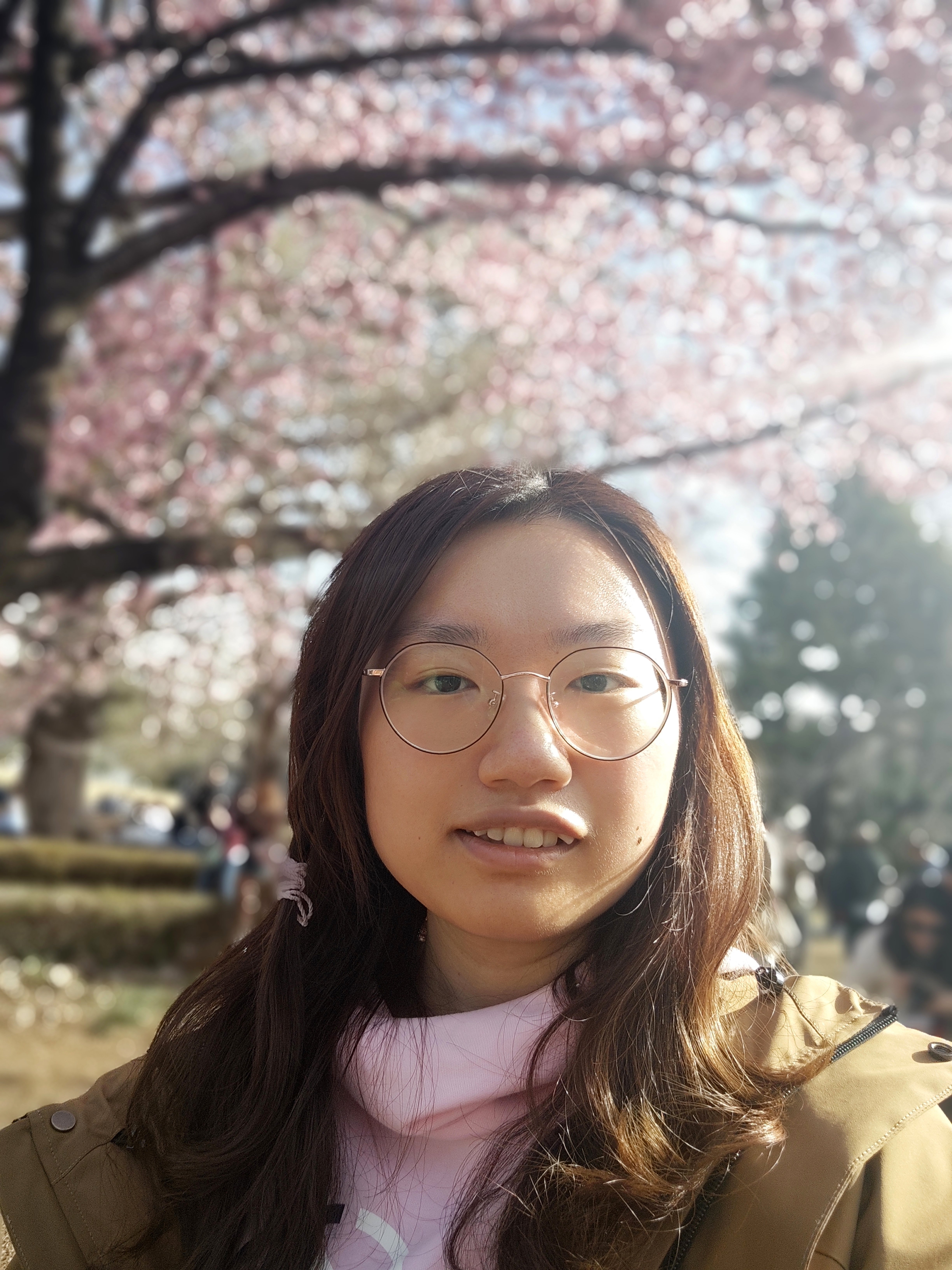
Shen Yue
Master's Course Student
Department of Human and Engineered Environmental Studies
I majored in Physics in my undergraduate study. In my sophomore year, I participated in a research internship program at the Kashiwa campus through a collaboration between my university and GSFS (UTSIP Program). Here, I was exposed to research that combines theoretical models from physics with the analysis and modeling of financial markets, which really expanded my horizons. In GSFS, many researchers devoted themselves to similar cutting-edge interdisciplinary research, and I enjoy the process of different ideas meeting and sparking new insights. The professors and students here are very friendly. Therefore, after finishing my undergraduate study, I decided to continue my master's and doctor's degree here.
My current research focuses on using neural networks to discover underlying connections and analyze the dynamic properties of multimodal data from financial markets. This topic requires knowledge from various fields like computer science, finance, statistics, and even linguistics. GSFS brings together researchers from diverse backgrounds. There are plenty of opportunities for communication through salons, seminars, and poster sessions. I find it exciting to exchange ideas with professors and integrate inspiration from different fields into my research. Discussions with other students also offer fresh perspectives and suggestions.
As an international student, there were some worries when I first came to Japan, but GSFS provides excellent support not only academically but also in daily life. The multicultural environment also allows you to make friends who share similar interests. If you are interested, please come to GSFS.
